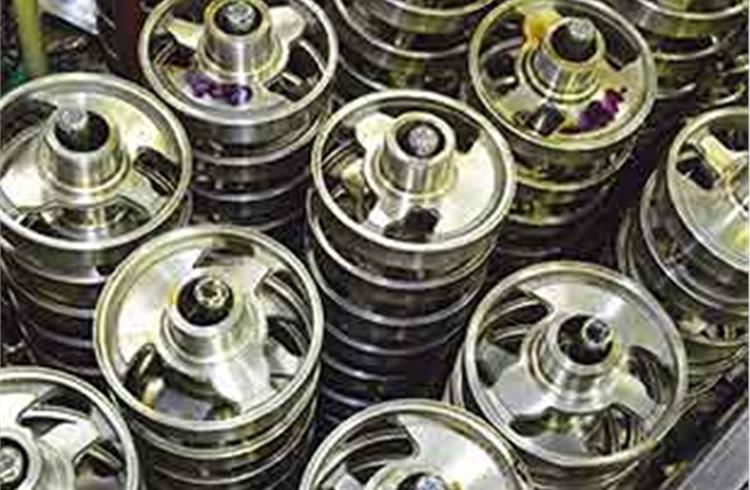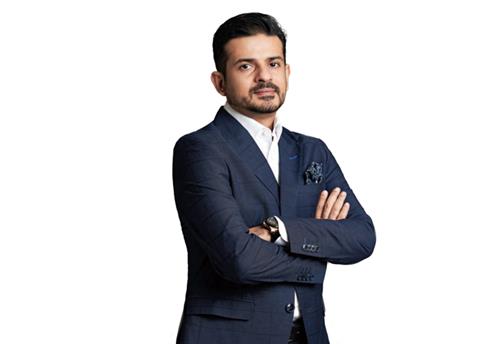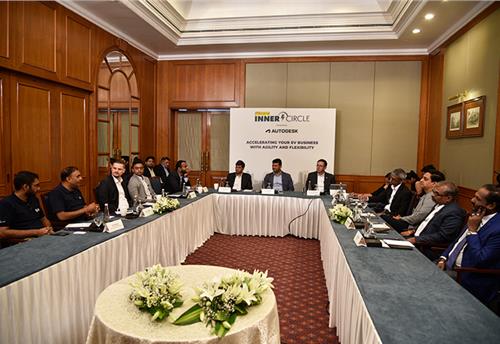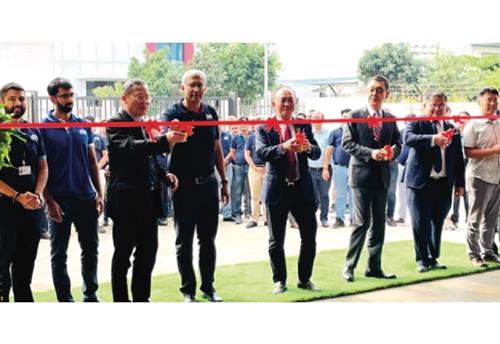ACMA seeks more FDI incentives
Though the auto parts sector has several competitive advantages it has asked the government for more incentives in the next Budget, says Taarun Dalaya.
According to an ACMA paper submitted to the government with its recommendations, China follows an average MFN (most favoured nation) rate of 10-15 percent customs duty on auto components, but actually levies over 25 percent tariff on imported auto parts if they constitute 60 percent value of a car. This higher duty is levied out of a detailed regulation on imports of auto parts and components. That the US and EU have dragged China to the Dispute Settlement body at the WTO is another matter. Fiscal incentives, non-tariff barriers and a policy making localisation mandatory have been giving the country’s indigenous manufacturers adequate protection as well as ensuring their preparedness for an eventual competitive onslaught.
The Association has said that the government must factor in policies being followed by neighbouring economies before it thinks of reducing the customs duty. It has urged the government not to touch the already reduced duty of 12.5 percent unless adequate internal reforms are put in place. ACMA says that the auto industry here faces a 18 to 20 percent cost disadvantage versus China and Thailand due to higher taxation, power costs, higher raw material costs and other infrastructure costs. The Indian auto component industry’s turnover has grown by 25 percent in FY 2005-06 over the previous year to touch Rs 45,500 crore. Exports in the corresponding period have grown 46 percent amounting to Rs 9,127 crores.
The industry body says that though India as a low cost country (LCC) has advantages over others in its category in terms of high technical expertise, better understanding of global automotive business and ability to produce high quality components at attractive costs, it does have to battle disadvantages like structural deficiencies, lack of globally competitive infrastructure and high local taxation. The days of the industry’s export concentration on overseas after-markets is long over with a shift towards greater exports to OEM/Tier-1 customers, where the latter accounts for 75 percent of the share of exports by auto component makers.
The prevalent customs duty on raw materials is also posing to be a pin prick for the Indian auto component industry vis-à-vis the six tariff lines which have been included in the Early Harvest Scheme of the FTA between India and Thailand. This includes engine parts, ball bearings, gear boxes and transmissions, helical springs, lighting equipment and other pumps.
##### DISADVANTAGE WITH THAILAND
Now that the specific items attract zero duty between both countries from September 2006 onwards, the Indian side is at a disadvantage in the competitiveness of the six tariff lines, says ACMA. It has asked the government to immediately amend its policy with regard to raw materials pertaining to the six tariff lines and to evolve a mechanism for auto components coming under FTAs where the inputs to make them can be imported under some sort of Advance Licence scheme to cope in circumstances of an eventual zero duty reduction on them.
Thailand’s Board of Investment offers very attractive policies for foreign investments into the country (see related article in the March 15, 2006, Autocar Professional) where it provides incentives such as a corporate income tax holiday for eight years, customs duty exemption on import of machinery and raw materials. ACMA has recommended the encouragement of foreign investors to establish themselves in the Indian auto component industry through more conducive policies.
The association in its Paper says that Thailand allows SEZ units to make domestic tariff area (DTA) supplies at ASEAN preferential rates that are a lot lower than their MFN rates. This, the report says, enables “Thai SEZ companies to avail of zero or low duty access into their domestic market, thus unfairly enhancing their domestic competitiveness in relation to Indian suppliers in a FTA environment”. ACMA has received a large number of requests from its members who are unanimous in wanting the government to re-look its notification pertaining to the abatement of 35.5 percent on MRP for excise assessment on auto components.
The association says “an abatement level of 50 percent is necessary for the auto component industry to ensure that the price to the end consumer is unchanged and distributor/dealer margins are not adversely impacted”. The MRP issue is known to have adversely affected small scale companies which have been making and supplying parts to bigger companies that use their marketing and branding muscle to sell these parts in the market.
Some manufacturers who had spoken to Autocar Professional some time ago had voiced their concern on this issue and how it was making their bigger partners rethink about this buying strategy. The auto component industry body has always maintained that the small car is the engine of growth of the industry and its paper continues to reflect these thoughts. It has asked the government to look at a special fiscal policy where small cars, two-wheelers and auto components always enjoy a differential lower excise duty.
For instance, they say that if the excise is reduced to 16 percent for cars then the excise duty on small cars, two-wheelers and components should be brought down to a lower level of eight percent. While the government has already set in motion the setting up of the Rs. 1,718 crore National Automotive Testing and R & D Infrastructure Project (NATRIP), whose centres should be operational by 2011, ACMA realises that individual auto component makers also need to be self-sufficient in R&D at their own facilities.
It has therefore asked the government to allow imports of R&D equipment for the automotive sector at zero duty – something it says is similar to what is being enjoyed by the pharmaceutical and biotechnology sectors (which are allowed to import such equipment at 25 percent of the FOB value of exports made during the previous financial year).
Though the Indian auto component industry has attained several competitive advantages as can be judged, for instance, by the outsourcing being undertaken by verseas automotive majors, from India, the industry still needs some encouraging steps from the government in a few vital areas.
RELATED ARTICLES
BRANDED CONTENT: Serving India’s EV ecosystem
Shimnit Integrated Solutions Pvt. Ltd. (SISPL), a subsidiary of Mumbai's leading high-security number plate supplier, Sh...
Driving EV business with agility and flexibility
CEOs from the EV startup ecosystem met in Bengaluru and Pune to discuss the challenges and business opportunities.
BRANDED CONTENT: SM Auto and Gotech energy inaugurate their first battery pack assembly plant in Pune
Pune-based SM Auto Engineering (SMA), a leading automotive component system manufacturer and its partner Gotech Energy (...





 By Autocar Pro News Desk
By Autocar Pro News Desk
 15 Feb 2007
15 Feb 2007
 2782 Views
2782 Views









